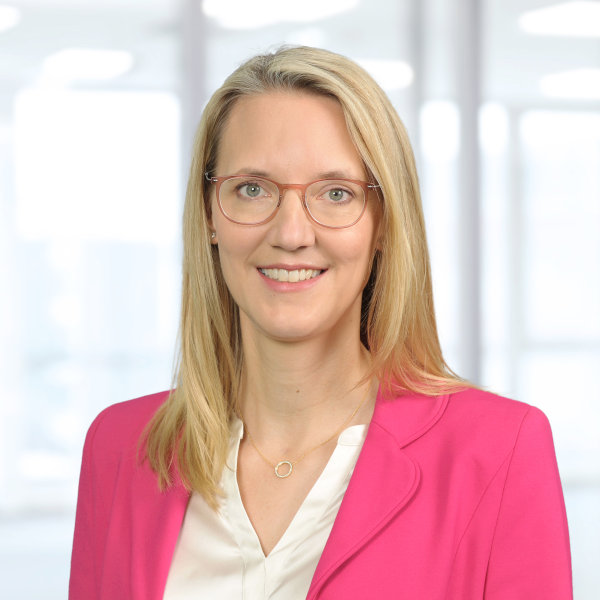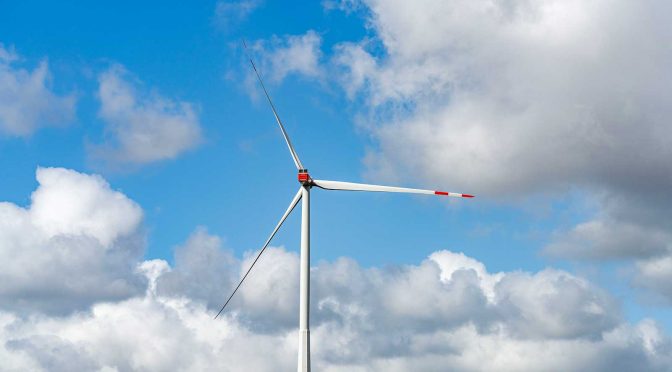Renewable electricity produced even more sustainably: RWE is testing two innovative, promising technologies at a new onshore wind farm in Spain. These technologies are intended to reduce the impact on the environment during the construction phase of the plant on the one hand and greenhouse gas emissions during subsequent operation on the other. Specifically, the company has now made the investment decision for the Orkoien pilot project near Pamplona. There, in the north of the country, a 5.7-megawatt turbine is being built to gather experience with the two technologies. Construction works are underway and commissioning is planned for summer 2023.
In the first method, special plastic mats are used for the first time in the construction phase.
Their great advantage: in temporary work areas such as access roads and storage areas, they minimise the construction-related impact on the soil. Normally, these areas are excavated and gravelled. Now, only the surface is smoothed with the excavator. Then the access and storage areas are temporarily covered with the plastic overlays. Following the work, the vegetation can regenerate completely. Another advantage: the mats, which are partly made of recycled material, can be reused in other projects.
A significant reduction in greenhouse gas emissions is made possible by the second technology, which is being used for the first time in the Orkoien pilot project. In the medium-voltage switchgear at the base of the turbine tower, the use of an insulating agent in the circuit breaker is necessary to interrupt the electrical currents by cooling and extinguishing the arc that occurs when a circuit is opened. Until now, the gas SF6 (sulphur hexafluoride), which is colourless, odourless, neither toxic nor flammable and harmless to humans and animals, has been used for this purpose. However, SF6 is a greenhouse gas that impacts the climate. Therefore, it may only be used under strict conditions. With the use of “SF6-free switchgear”, RWE is now testing an alternative that reduces greenhouse gas emissions to almost zero. This new, environmentally friendly technology relies 85 percent on dry air and 15 percent on C5 fluoroketones as an insulating agent. In addition to being environmentally friendly, the technology has the same technical reliability as SF6. RWE is thus also preparing for the SF6 ban announced by the EU in new plants from 2031.
On course for growth in Spain: Capital office and expansion of renewables portfolio
RWE, a global leader in renewable energy, has many years of construction and operating experience and already operates onshore wind farms in Spain with a total capacity of more than 440 megawatts. In addition to the Orkoien wind farm, RWE is currently building its 17th wind farm on the Spanish mainland: the 40.8-megawatt Rea project is located in the north-east of the country about 160 kilometres east of Zaragoza and is expected to supply 30,000 households with clean electricity once it goes into operation. RWE also plans to connect two new solar parks with a total capacity of 88 MW to the grid this year.
In line with its growth ambitions, the company recently opened a branch office in Madrid and decisively strengthened the Spanish team with more than 50 additional colleagues.

“Our strategy, which is geared towards sustainability, is not only based on the vigorous expansion of renewable energy. RWE is also devoting all its energy to the important task of producing green electricity in an even more environmentally friendly way. Along the way, our engineers are constantly on the lookout for innovative technologies to reduce the ecological footprint of our projects. The Orkoien wind turbine offers very good conditions for testing two novel processes under real-life conditions.”


